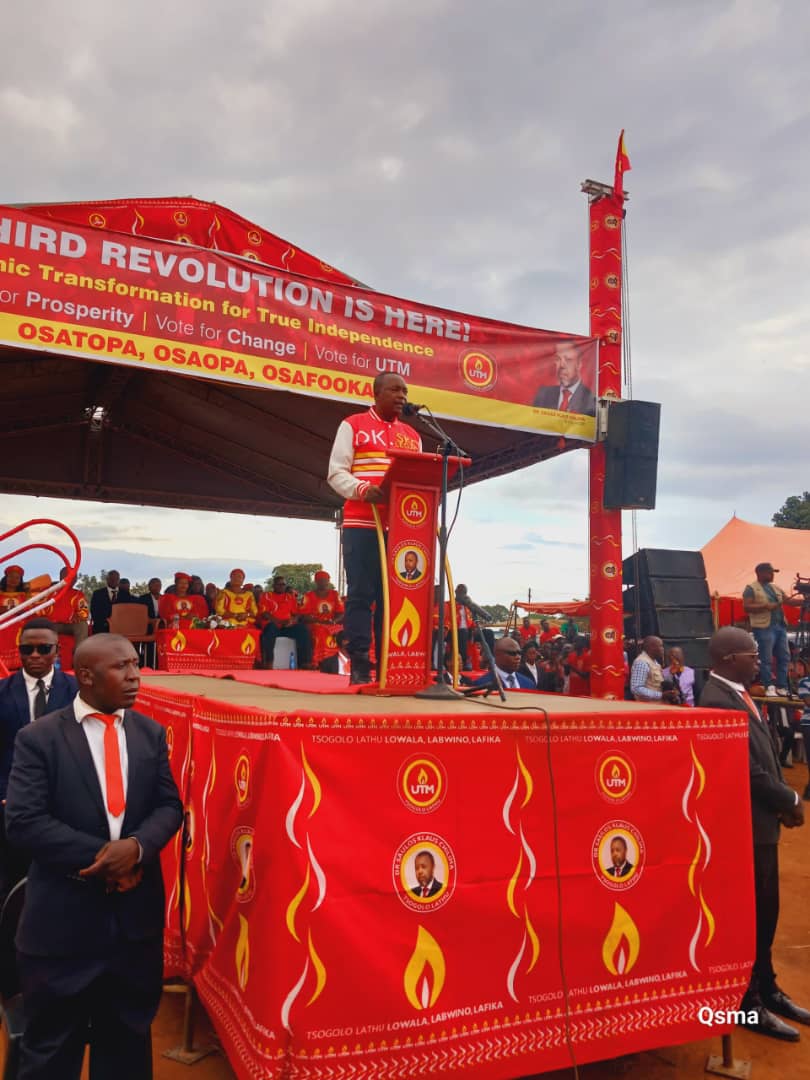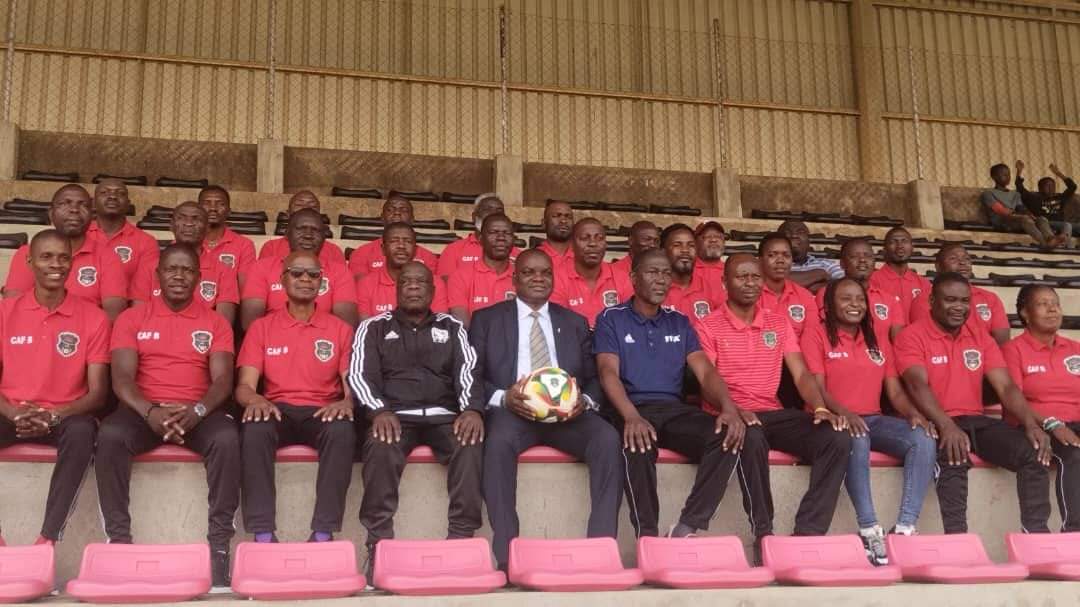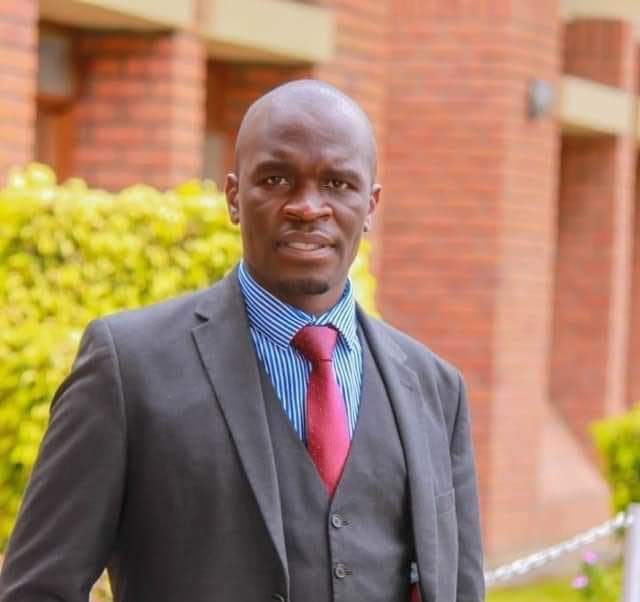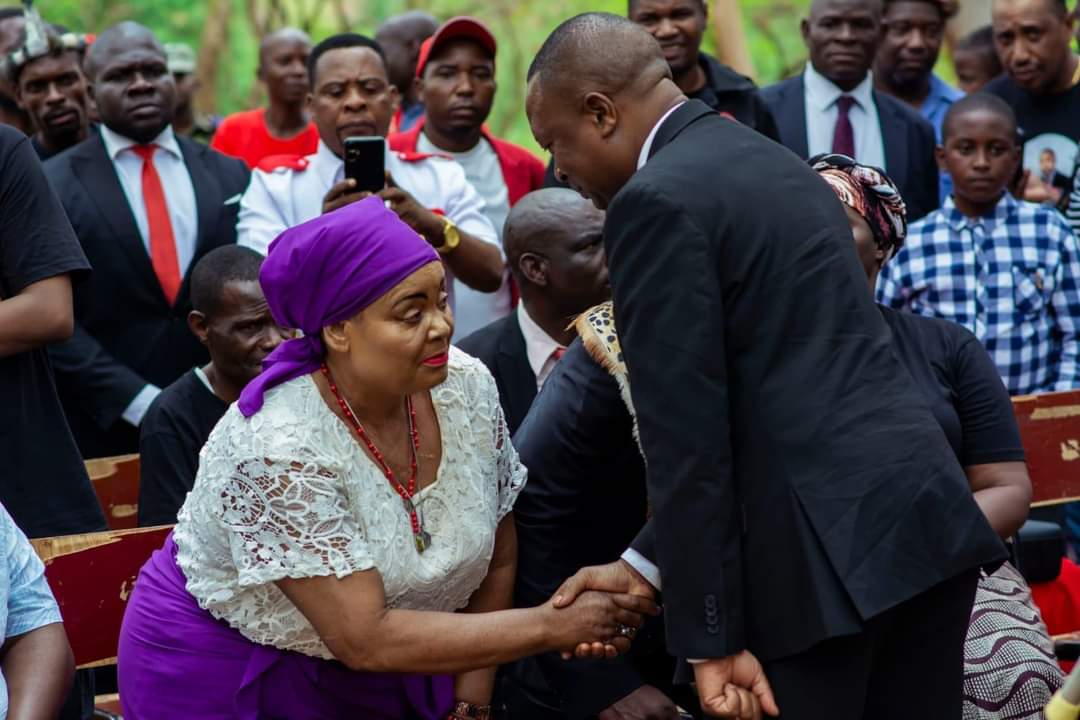By Burnett Munthali
In a country where hope has often been overshadowed by stagnation and unfulfilled promises, one man dares to chart a different course.
Dr. Dalitso Kabambe, an esteemed economist and former Governor of the Reserve Bank of Malawi, has emerged as a beacon of hope, advocating for a radical transformation of Malawi’s socio-economic landscape.
With an impressive 23 years of experience in government service, Dr. Kabambe has not only witnessed the nation’s struggles firsthand but has actively contributed to policy recommendations that, unfortunately, were often ignored.
Frustrated by the lack of political will to implement expert advice, he has taken it upon himself to change the trajectory of Malawi’s future.
He understands that leadership is not merely about occupying the highest office but about making bold, effective, and meaningful decisions that uplift an entire nation.
His vision is clear: to move away from business as usual and embrace a results-driven approach that prioritizes national interests over political convenience.
One of the key pillars of his transformation agenda is the empowerment of youth and women—two crucial demographics that have historically been sidelined in national development.
Dr. Kabambe recognizes that with over 75% of Malawi’s population being under the age of 35, the country’s future depends on the opportunities available to its young people.
He firmly believes that unless deliberate efforts are made to equip them with skills, employment opportunities, and leadership roles, Malawi will continue to waste its greatest asset—its people.
Women, too, have often been relegated to the periphery of governance and economic activities, yet they possess immense potential to drive progress in various sectors.
Dr. Kabambe envisions a Malawi where women are not just beneficiaries of development but active participants in shaping the nation’s policies and economic direction.
His leadership philosophy is grounded in inclusion, fairness, and meritocracy, values that stand in stark contrast to the nepotism and cronyism that have plagued Malawi’s governance for decades.
To ensure sustainable development, Dr. Kabambe has proposed a radical restructuring of the governance system, advocating for decentralization as a means to enhance efficiency and accountability.
His vision involves transforming each district into a development hub, led by competent Chief Executive Officers and sector managers who will drive economic growth at the grassroots level.
This approach seeks to empower local governments, ensuring that resources and decision-making power are not concentrated in the capital but are spread equitably across the country.
Decentralization, he argues, will bring development closer to the people, making governance more responsive to local needs and aspirations.
Beyond governance reforms, Dr. Kabambe has outlined an ambitious economic strategy designed to harness Malawi’s untapped potential.
He is spearheading the idea of establishing the Malawi Mining Development Corporation, a state-run entity aimed at maximizing the country’s mineral wealth for national benefit.
Currently, Malawi’s mineral resources remain largely underexploited, and Dr. Kabambe sees an opportunity to turn the sector into a major contributor to the nation’s GDP.
Alongside mining, he proposes the creation of the Manufacturing Development Corporation, which would focus on industrialization to reduce Malawi’s dependence on imports and create local jobs.
He has also identified agriculture as a cornerstone of economic stability and has called for an expansion of the Green Belt Initiative.
Instead of treating agriculture as a subsistence activity, Dr. Kabambe wants it to become a commercial powerhouse that not only feeds Malawians but generates substantial foreign exchange through exports.
His economic model is centered on self-sufficiency, advocating for a shift from an aid-dependent economy to one driven by production, innovation, and competitiveness.
However, he acknowledges that no economic progress can be achieved without tackling the cancer of corruption.
Dr. Kabambe has vowed to champion transparency and accountability in public service, advocating for full forensic audits of government expenditure and ensuring that anti-corruption agencies operate free from political interference.
He understands that for Malawi to attract serious investors and development partners, it must first clean up its governance structures and build institutions that function with integrity.
His vision extends beyond mere economic policies—it is about restoring national pride, fostering a culture of hard work, and inspiring every Malawian to believe in the possibility of a better future.
As he articulates his plans, his passion is evident.
He is not a politician driven by self-interest but a technocrat with a deep love for his country and a genuine desire to see Malawi rise from its challenges.
For far too long, Malawians have been subjected to empty promises, recycled leadership, and a cycle of economic despair.
Dr. Kabambe represents a break from the past—a leader who is willing to make difficult but necessary decisions to put Malawi on the path of sustainable development.
He does not speak in vague political rhetoric but presents tangible, well-researched solutions backed by his extensive experience in economic management.
His call to Malawians is simple yet profound: it is time to choose a different path.
It is time to reject mediocrity and embrace excellence.
It is time to prioritize competence over political loyalty.
Dr. Kabambe is not asking for blind support; he is asking for Malawians to critically assess his vision and judge him based on his ability to deliver.
If given the opportunity, he pledges to serve with diligence, honesty, and an unwavering commitment to national prosperity.
He is not merely seeking political office; he is offering a new deal for Malawi—a promise of transformation, dignity, and economic revival.
His message resonates deeply, especially with the youth and women who have long felt neglected by the political establishment.
For them, Dr. Kabambe is more than just a candidate—he is a symbol of hope, a leader who understands their struggles and has the expertise to address them.
As Malawi stands at a crossroads, the choice has never been clearer.
Malawians can either continue on the path of stagnation or embrace a leader who is ready to implement change with a sense of urgency.
Dr. Dalitso Kabambe’s vision is not just about policy—it is about reawakening the nation’s potential, instilling a renewed sense of purpose, and ensuring that every Malawian, regardless of background, has a stake in the country’s success.
The question now is: will Malawi seize this opportunity, or will it let history repeat itself?
The future of the nation depends on the answer.





